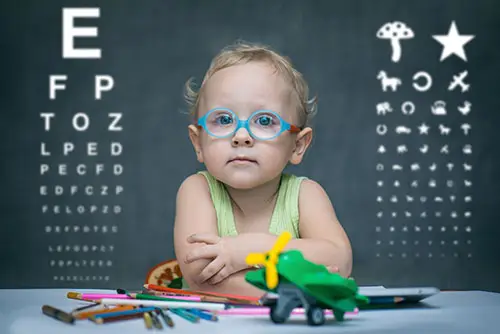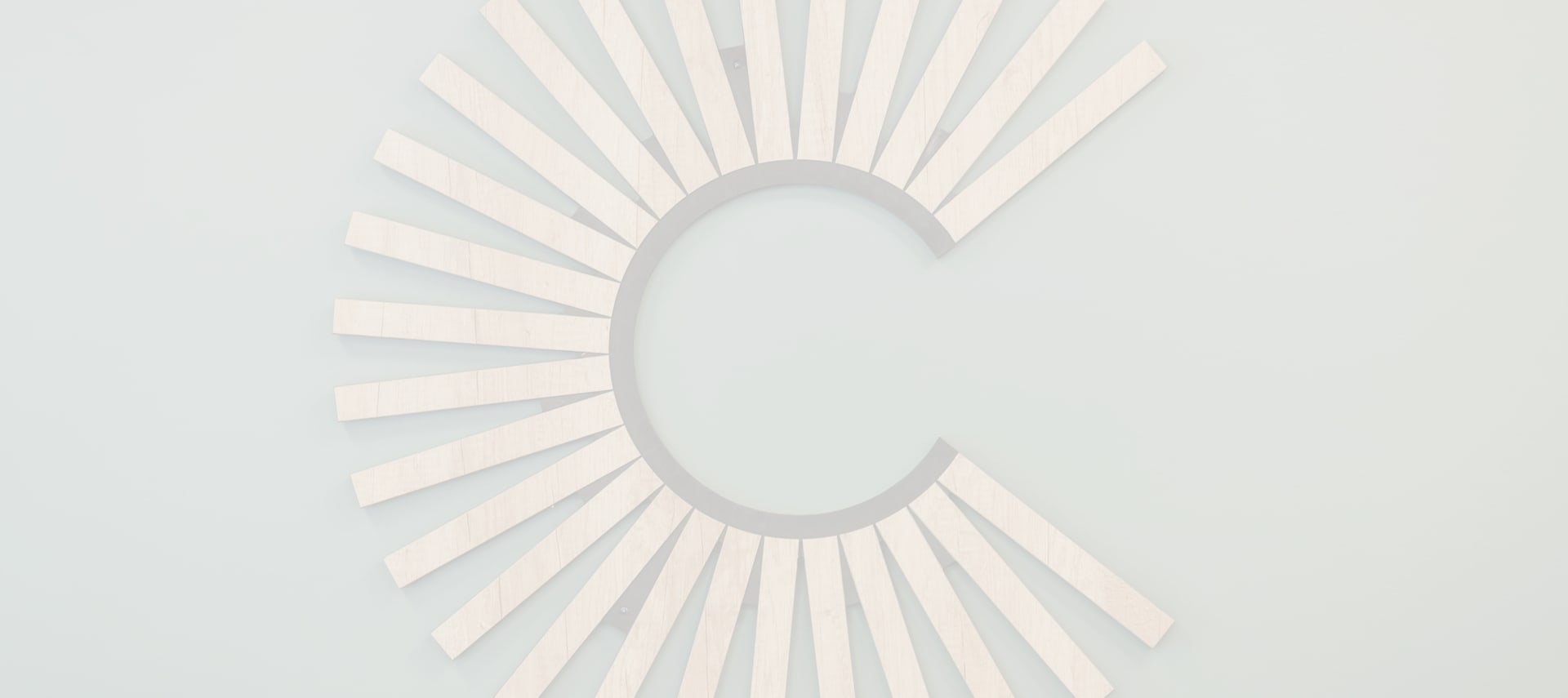Childhood myopia, also known as nearsightedness, is on the rise. Half the world’s population may be nearsighted by the year 2050! Myopia occurs when the eye grows too long or the cornea (the frontmost surface of the eye) is curved too much. Myopia is commonly viewed as a refractive error that needs glasses or contact lenses for correction. However, myopia is also an ocular disease that can lead to sight-threatening conditions. The risk of eye disease increases dramatically for patients with high myopia. For instance, retinal detachment increases by 21.5 times in patients with greater than 5.00 diopters of myopia1 and the risk for glaucoma increases by 40%.
I, myself, have high myopia. I started wearing glasses in the 2nd grade and my prescription eventually climbed to -7.00D. I am highly dependent on my glasses and contact lenses. Myopia management was not an option for me when I first began wearing glasses. Due to advancements in technology and research, myopic children today have more options available to them. There are several approaches employed to slow the progression of myopia, such as orthokeratology contact lenses or atropine eye drops.
Orthokeratology (Ortho-K) is a myopia treatment for children and adults that uses an FDA-approved rigid gas permeable contact lens that reshapes the cornea overnight. The following morning, you remove the lenses to enjoy clear vision without the need for glasses or contact lenses. In addition to the freedom of not wearing glasses or contacts during the day, studies have shown that Ortho-K slows the progression of myopia by preventing an increase in eye length. The Corneal Reshaping and Myopia Progression study, as well as the Longitudinal Orthokeratology Research in Children study both found that subjects wearing Ortho-K lenses had less axial length growth over 2 years compared to the control group. This reduction in myopia significantly reduces the risk for myopic macular degeneration, glaucoma, and retinal detachment.
Atropine is an eye drop used once a day before bedtime to slow the progression of myopia. Studies such as the landmark Low-Concentration Atropine for Myopia Progression (LAMP) study found that low concentration atropine was successful in preventing myopia progression with minimal side effects.
Although there are great myopia management options for children, prevention is just as important. Nothing has proven more effective at delaying and reducing myopia than increasing a child’s time outdoors. It is recommended that children have a cumulative 2 hours per day outside to delay the onset of myopia. This is especially true in their developing years. Studies have shown that direct sunlight is beneficial for strengthening the eyes and preventing elongation of the eye.
In our office we evaluate not only the need for glasses but how to delay and prevent progression of myopia. If you have any questions, we love to talk myopia management–give us a call!











